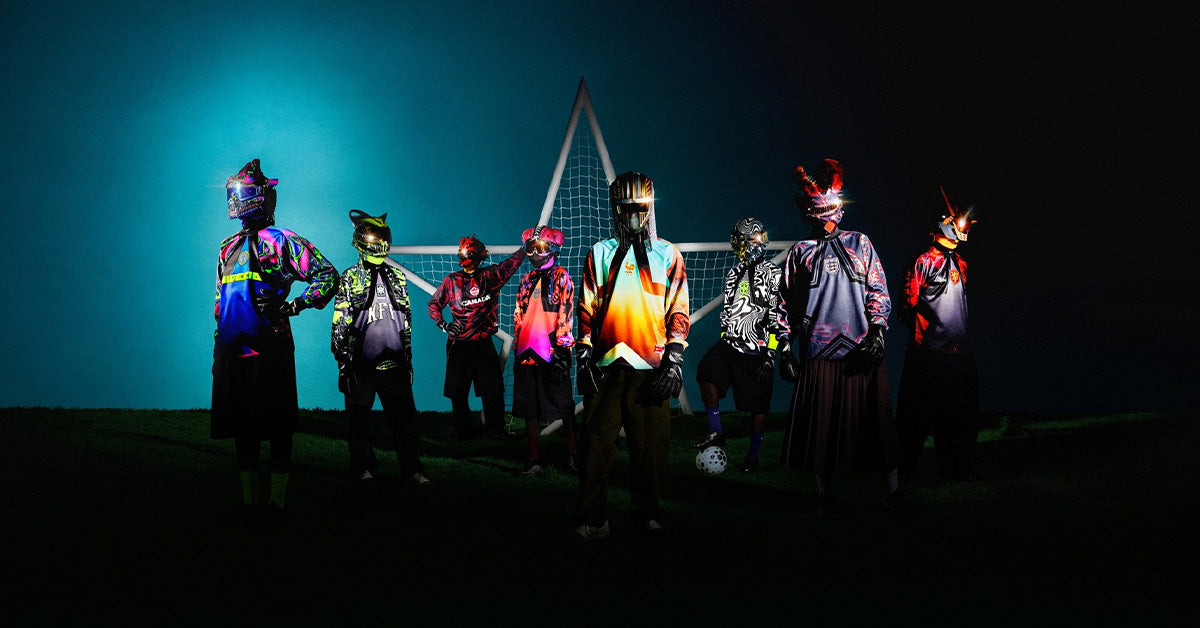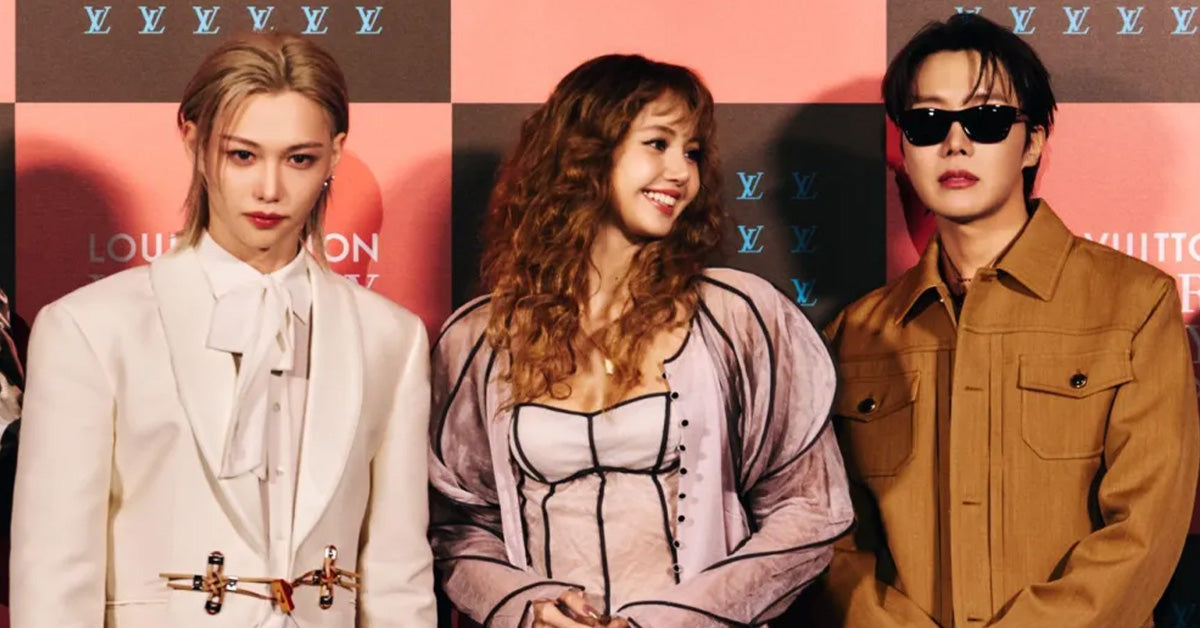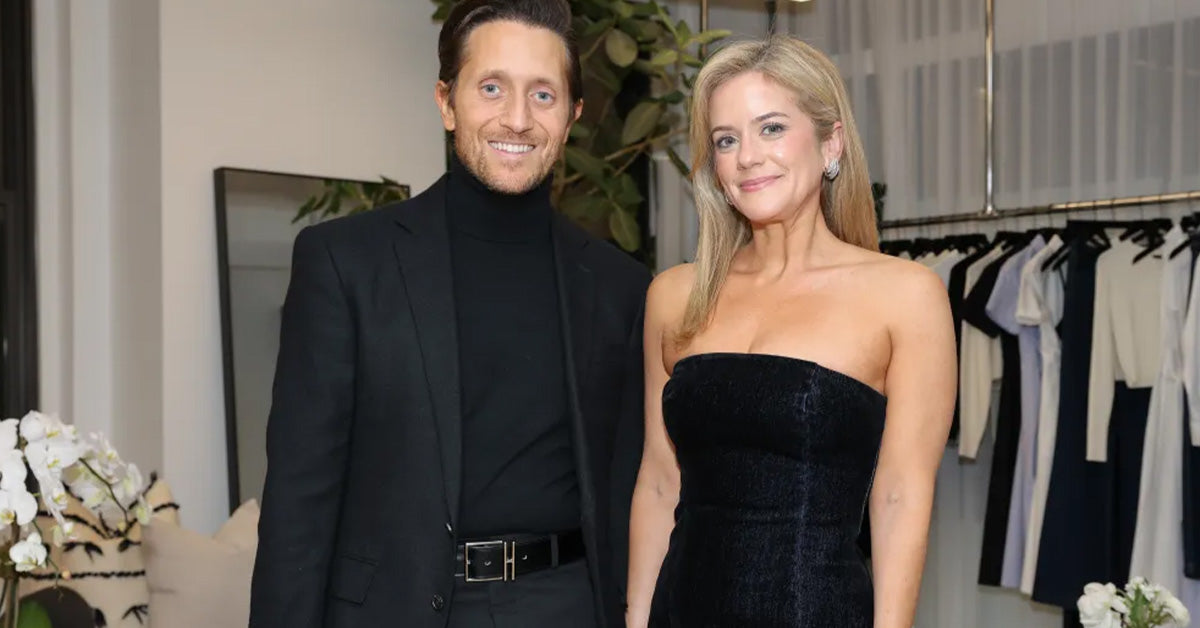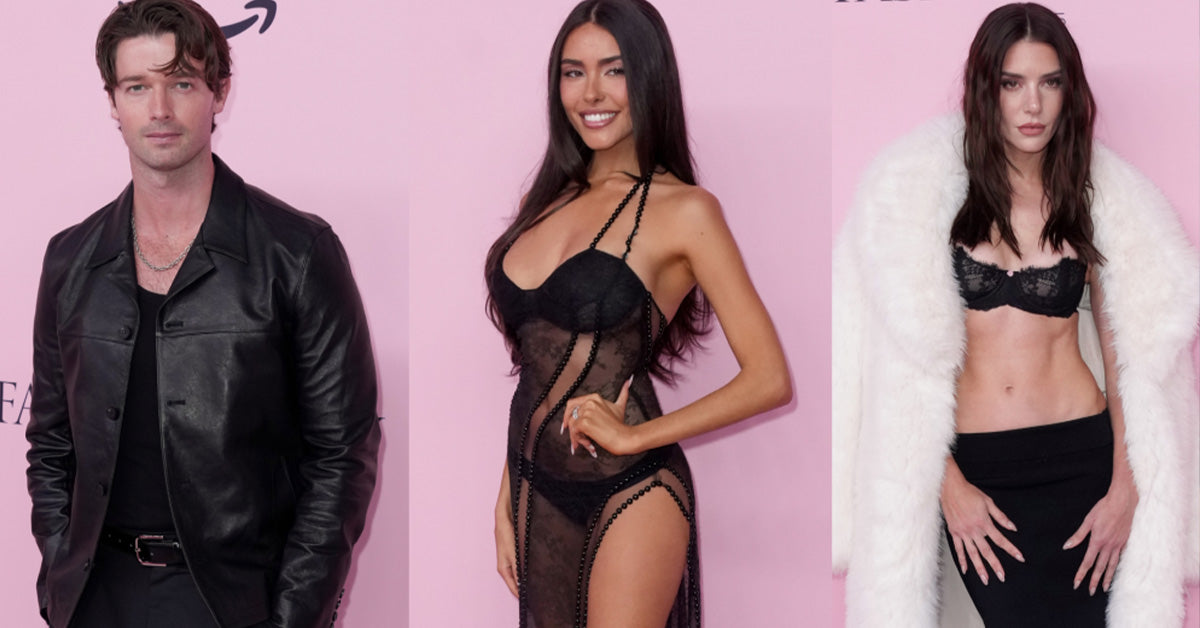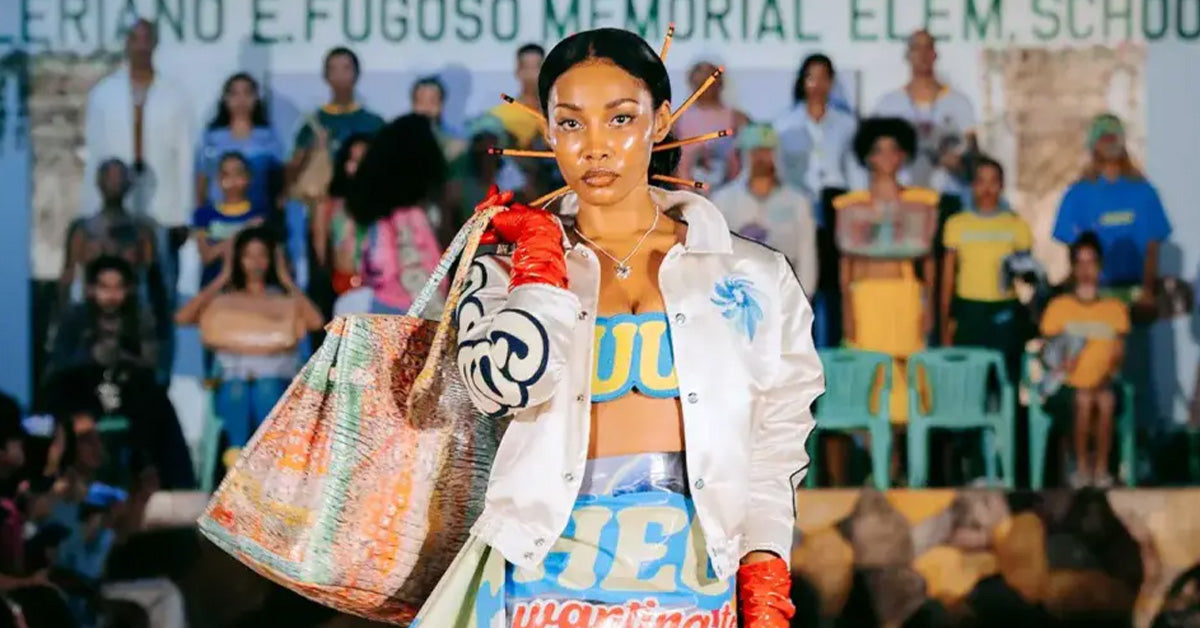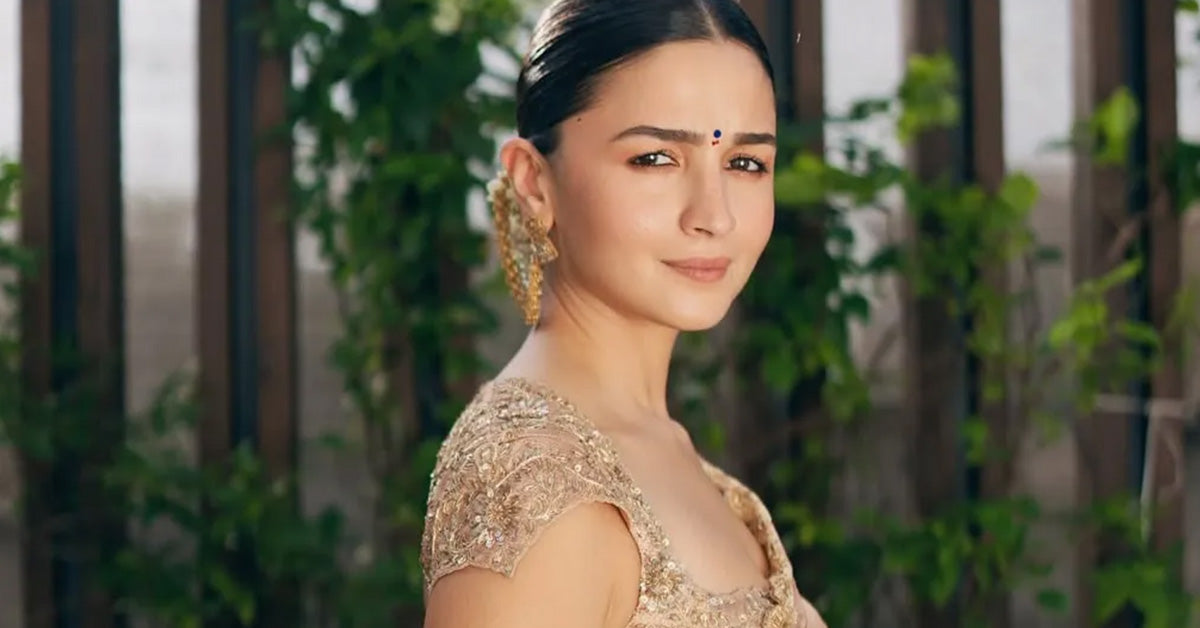The fashion industry is a dynamic, multi-billion-dollar global phenomenon that thrives on creativity, innovation, and business savvy. But behind the glittering runways and glossy magazine covers is a complex world of legal intricacies. This is where the role of a Fashion Lawyer becomes crucial. If you’ve ever wondered what a Fashion Lawyer does and why they are indispensable to the industry, you’re in the right place. In this blog post, we’ll break down everything you need to know about this fascinating legal niche.
Understanding the Role of a Fashion Lawyer
A Fashion Lawyer is a legal professional who specializes in the unique legal issues that arise within the fashion and apparel industry. Their expertise spans a wide range of topics, including intellectual property, contract law, employment law, and international trade regulations. Fashion Lawyers work with designers, brands, retailers, manufacturers, and even influencers to help them navigate the legal landscape of the fashion world.
In essence, a Fashion Lawyer ensures that the creative and business aspects of fashion are protected by the law. They play a pivotal role in safeguarding the intellectual property of designers, resolving disputes, negotiating contracts, and ensuring compliance with industry regulations.
Key Responsibilities of a Fashion Lawyer
The role of a Fashion Lawyer is as diverse as the industry they serve. Here are some of their main responsibilities:
- Intellectual Property Protection: Fashion Lawyers help designers and brands secure patents, trademarks, and copyrights to protect their designs, logos, and other creative assets from infringement.
- Contract Negotiation: From licensing agreements to employment contracts, Fashion Lawyers ensure that all legal agreements are fair, enforceable, and beneficial to their clients.
- Dispute Resolution: Whether it’s a copyright infringement case or a supplier disagreement, Fashion Lawyers mediate and resolve disputes to avoid costly litigation.
- Regulatory Compliance: Fashion Lawyers ensure that brands comply with labor laws, environmental regulations, and international trade policies.
- Advisory Services: They provide legal advice on business strategies, mergers, acquisitions, and other corporate activities within the fashion industry.
Why is Fashion Law Important?
The fashion industry is highly competitive and fast-paced. In such an environment, protecting creative assets and ensuring legal compliance is essential for long-term success. Here’s why Fashion Law is so important:
- Protecting Creativity: Designers invest significant time and energy into creating unique pieces. Fashion Law ensures their work is legally protected from plagiarism and counterfeit products.
- Maintaining Ethical Standards: Labor practices, sustainability, and ethical sourcing are hot topics in the fashion world. Fashion Lawyers help brands adhere to these standards.
- Facilitating Global Trade: The fashion industry operates on an international scale. Fashion Lawyers navigate the complex web of trade agreements and tariffs to ensure smooth operations.
- Mitigating Risks: By addressing potential legal issues proactively, Fashion Lawyers help brands avoid costly lawsuits and reputational damage.
Who Can Benefit from a Fashion Lawyer?
Fashion Lawyers serve a wide range of clients, including:
- Fashion Designers: To protect their designs and negotiate contracts.
- Brands and Retailers: To ensure compliance with laws and regulations.
- Influencers and Models: To handle endorsement deals and employment contracts.
- Manufacturers: To navigate trade laws and supply chain agreements.
How to Become a Fashion Lawyer
If you’re passionate about fashion and have a knack for legal matters, a career in Fashion Law could be perfect for you. Here’s how you can become a Fashion Lawyer:
- Earn a Law Degree: Complete a Juris Doctor (JD) degree from an accredited law school.
- Specialize in Intellectual Property or Business Law: Focus on areas of law that are most relevant to the fashion industry.
- Gain Industry Experience: Intern with fashion brands or law firms specializing in fashion law to understand the industry’s intricacies.
- Network: Attend fashion and legal events to build connections within the industry.
- Stay Updated: Fashion law is constantly evolving. Stay informed about the latest trends and legal developments.
Final Thoughts
The role of a Fashion Lawyer is as glamorous as it is essential. These legal professionals ensure that the creative visions of designers and brands are protected while navigating the intricate legal framework of the fashion industry. Whether you’re a fashion enthusiast, an aspiring lawyer, or a designer looking to protect your work, understanding the importance of Fashion Law is invaluable.
The next time you admire a stunning runway collection or purchase a trendy outfit, remember the silent guardians behind the scenes—Fashion Lawyers—who make it all possible.
FAQs
-
Q1: What is Fashion Law?
A: Fashion Law is a specialized area of law that addresses legal issues specific to the fashion and apparel industry, including intellectual property, contracts, and compliance. -
Q2: What skills are essential for a Fashion Lawyer?
A: Critical thinking, strong negotiation skills, knowledge of intellectual property law, and an understanding of the fashion industry are key skills for a Fashion Lawyer. -
Q3: How much does a Fashion Lawyer earn?
A: Salaries for Fashion Lawyers vary widely based on experience, location, and clientele, but they can range from $60,000 to over $200,000 annually. -
Q4: Can a Fashion Lawyer help with international trade issues?
A: Yes, Fashion Lawyers are well-versed in international trade laws and can help brands navigate tariffs, customs regulations, and global supply chain agreements. -
Q5: Do Fashion Lawyers only work with luxury brands?
A: No, Fashion Lawyers work with a variety of clients, including emerging designers, fast fashion companies, retailers, and manufacturers.

